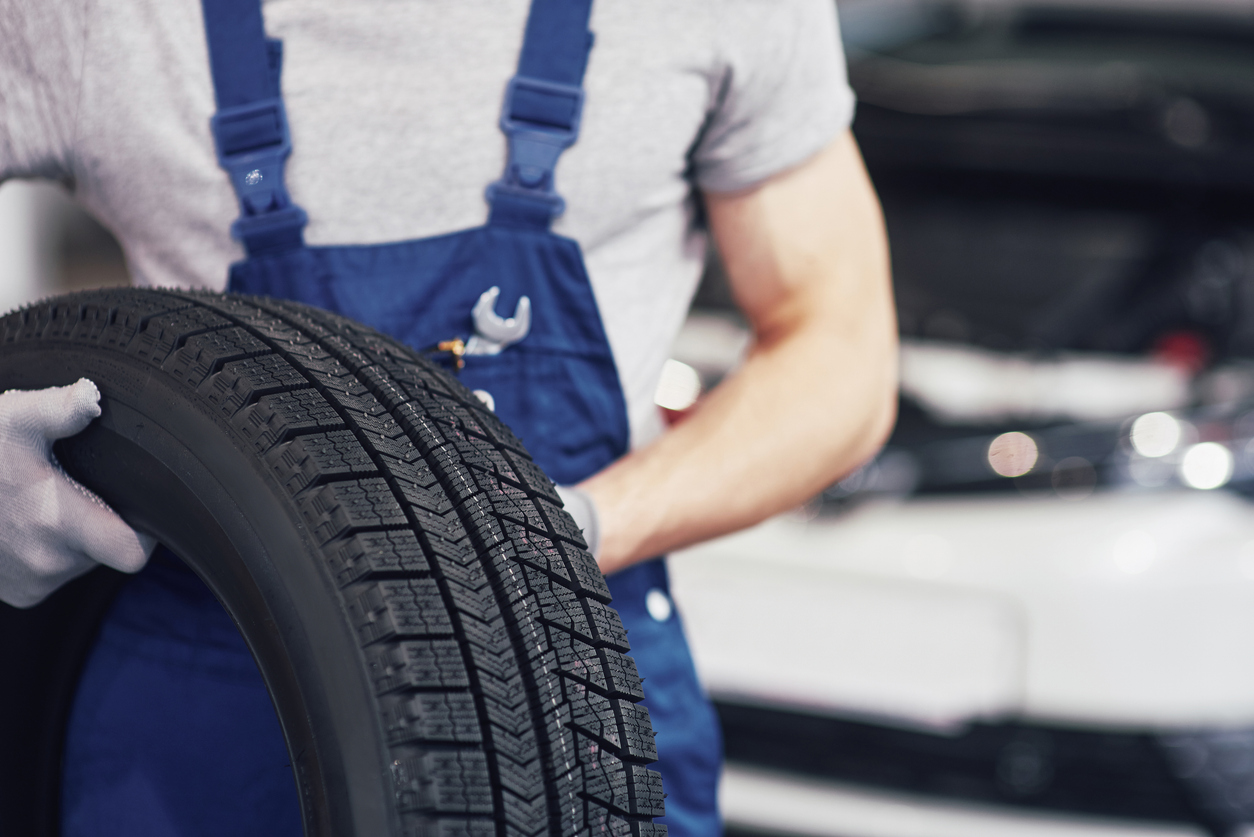Summer Tires vs. All-Season Tires: Which One is Right for Fort Wayne Warm Weather?

Your tires play a huge role in how your vehicle handles, brakes, and grips the road. Choosing between summer tires and all-season tires can make a big difference, especially with Fort Wayne's ever-changing weather. From warm summers to freezing, snowy winters, your tire choice should match the driving conditions you face year-round. Here's a breakdown to help you decide.
What Are Summer Tires?
Summer tires are built for performance in warm temperatures. Their soft rubber compound stays flexible in the heat, giving you excellent traction and handling. Key features include:
Optimized Grip â The rubber compound and tread design provide superior contact with the road, improving braking and cornering.
Enhanced Handling â Stiff sidewalls and aggressive tread patterns help with precise steering response, making them ideal for performance-focused drivers.
Warm Weather Dependability â These tires excel on both dry and wet roads but lose effectiveness when temperatures drop.
Because summer tires harden in cold weather, they're not ideal for Fort Wayne's harsh winters. If you opt for summer tires, you'll need to swap them out when temperatures start dipping below 45°F.
What Are All-Season Tires?
All-season tires are designed for versatility, giving you reliable performance across a range of conditions. They're a practical choice for drivers who don't want the hassle of switching tires twice a year. Features include:
Balanced Rubber Compound â Engineered to handle both warm and cool temperatures, though not as specialized as summer or winter tires.
Adaptable Tread Design â Provides traction on dry, wet, and lightly snowy roads, making them suitable for Fort Wayne's changing seasons.
Year-Round Convenience â Ideal for drivers who want a single set of tires that can handle most conditions.
While all-season tires offer a balanced approach, they don't provide the same high-performance grip as summer tires in warm weather or the deep snow traction of winter tires.
How Do They Compare?
Climate Suitability
Summer Tires: Best for hot, dry, or rainy conditions. Not suited for cold or snow.
All-Season Tires: Designed to handle moderate weather changes, including light snow and cooler temperatures.
Performance Characteristics
Summer Tires: Shorter braking distances, enhanced grip, and sharper handling in warm weather.
All-Season Tires: A well-rounded option, though they won't match summer tires in warm conditions or winter tires in deep snow.
Tread Design
Summer Tires: More rigid tread blocks with fewer grooves to maximize road contact.
All-Season Tires: Moderate tread depth with extra siping to improve wet and light snow traction.
Durability and Wear
Summer Tires: Softer rubber may wear faster, especially in high temperatures.
All-Season Tires: Designed for longevity, though performance trade-offs exist.
What's the Best Choice for Fort Wayne Drivers?
Fort Wayne's summers can be warm, but the winters are often freezing, snowy, and windy. If you want the best performance during summer and are okay with switching to winter tires when the cold hits, summer tires could be a great option. However, if you prefer the convenience of one set of tires all year, all-season tires provide a practical balance for Fort Wayne's fluctuating weather.
Need Tire Advice? Visit Yes! Automotive
If you're unsure which tires are right for your vehicle, let the team at our service center in Fort Wayne help. We understand the local driving conditions and can recommend the best option for your needs. Whether you need new tires, a seasonal swap, or expert service, we've got you covered. Stop by Yes! Automotive in Fort Wayne and have new tires installed on your vehicle today!



